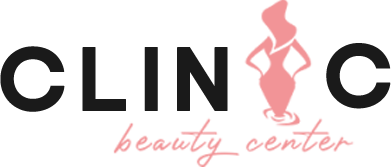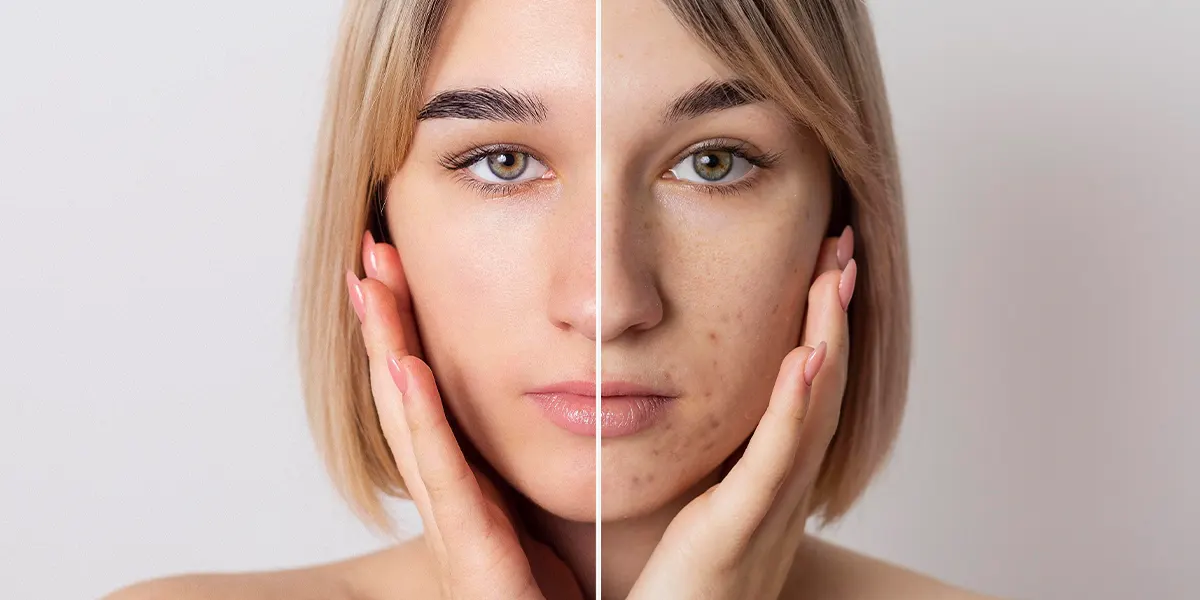Acne, a common skin condition characterized by pimples, blackheads, and whiteheads, can be a source of frustration and insecurity for many individuals. While it often affects adolescents during puberty, acne can persist into adulthood and impact individuals of all ages. Fortunately, advancements in skincare science have led to the development of effective treatments and strategies for managing acne and achieving clearer, healthier skin.
Understanding Acne
Acne, a common skin condition affecting individuals of all ages, can significantly impact self-esteem and quality of life. Understanding the complexities of acne and implementing an effective treatment plan is crucial for achieving clearer, healthier skin.
Acne arises from the interplay of various factors, including excess oil production, clogged pores, bacteria, inflammation, and hormonal fluctuations. These factors lead to the formation of different types of acne lesions, such as blackheads, whiteheads, papules, pustules, nodules, and cysts. Hormonal changes during puberty, menstrual cycles, pregnancy, and stress can exacerbate acne, making it a challenging condition to manage.
Types of Acne:
- Blackheads and Whiteheads: These are non-inflammatory lesions characterized by clogged pores. Blackheads are open comedones, while whiteheads are closed comedones.
- Papules and Pustules: Papules are small, red, inflamed bumps without pus, while pustules are similar but contain pus.
- Nodules and Cysts: These are severe, deep-rooted lesions that can be painful and lead to scarring.
Treatment Options:
- Effective acne treatment requires a tailored approach based on the severity and type of acne, as well as individual skin characteristics. Treatment options include:
- Topical Treatments: Over-the-counter and prescription medications containing ingredients like benzoyl peroxide, salicylic acid, retinoids, and antibiotics can help unclog pores, reduce inflammation, and kill bacteria.
- Oral Medications: Oral antibiotics, hormonal therapies, and isotretinoin may be prescribed for moderate to severe acne to target inflammation, hormonal imbalances, and excessive oil production.
- Professional Procedures: Dermatological procedures such as chemical peels, microdermabrasion, laser therapy, and extraction can complement skincare regimens by targeting acne lesions, reducing scarring, and improving skin texture.
Conquering acne requires patience, consistency, and a comprehensive approach that addresses its underlying causes and individual needs. By understanding the complexities of acne and utilizing a combination of topical treatments, oral medications, and professional procedures, individuals can effectively manage their condition and achieve clearer, healthier skin. With the right guidance from skincare professionals and a commitment to skincare routines, it is possible to overcome acne and restore confidence in one’s skin, paving the way for a brighter, blemish-free future.
Key Ingredients for Acne Treatment:
Effective acne treatment often revolves around incorporating ingredients that target the underlying causes of acne, reduce inflammation, and promote skin healing.
Some key ingredients to look for in acne skincare products include:
- Salicylic Acid: A beta hydroxy acid (BHA) that exfoliates the skin, unclogs pores, and reduces inflammation, making it effective for treating acne and preventing future breakouts.
- Benzoyl Peroxide: A powerful antimicrobial agent that kills acne-causing bacteria, reduces inflammation, and helps to clear existing breakouts.
- Retinoids: Derived from vitamin A, retinoids promote cell turnover, prevent clogged pores, and reduce acne lesions, making them effective for treating both inflammatory and non-inflammatory acne.
- Niacinamide: Also known as vitamin B3, niacinamide has anti-inflammatory and sebum-regulating properties, making it effective for reducing acne lesions and controlling oil production.
- Tea Tree Oil: A natural antimicrobial agent with anti-inflammatory properties, tea tree oil can help to reduce acne lesions and soothe inflamed skin.
Professional Treatments for Acne
In addition to topical skincare products, professional treatments can provide targeted and intensive therapy for acne:
- Chemical Peels: Chemical peels involve the application of a chemical solution to exfoliate the skin’s top layers, unclog pores, and reduce acne lesions.
- Microdermabrasion: This non-invasive procedure uses a diamond-tipped wand to exfoliate the skin and improve acne scars, texture irregularities, and overall skin tone.
- Laser Therapy: Laser treatments target acne bacteria and inflammation, reduce sebum production, and promote skin healing, making them effective for treating moderate to severe acne.
Skincare Practices for Acne Management
In addition to incorporating targeted ingredients and professional treatments, adopting healthy skin care practices can help prevent and manage acne:
- Gentle Cleansing: Using a gentle cleanser helps to remove excess oil, dirt, and impurities without stripping the skin’s natural moisture barrier.
- Regular Exfoliation: Exfoliating the skin 1-2 times per week helps to remove dead skin cells, unclog pores, and prevent acne breakouts.
- Moisturizing: Applying a lightweight, non-comedogenic moisturizer helps to keep the skin hydrated and balanced without exacerbating acne.
- Sun Protection: Consistently wearing sunscreen with broad-spectrum protection helps to prevent sun-induced inflammation and hyperpigmentation, which can worsen acne.
Acne skin care treatment requires a comprehensive approach that addresses the underlying causes of acne, reduces inflammation, and promotes skin healing. By incorporating key ingredients such as salicylic acid, benzoyl peroxide, retinoids, niacinamide, and tea tree oil into your skincare routine and seeking professional guidance when needed, you can effectively manage acne and achieve clearer, healthier skin. Remember that consistency is key, and with patience and dedication, you can say goodbye to acne woes and embrace a complexion that radiates confidence and vitality.
Acne is a common and complex skin condition that can have a profound impact on one’s physical appearance and emotional well-being. However, with the right knowledge and treatment approach, acne can be effectively managed and controlled. It is essential to work closely with skincare professionals to develop a personalized skincare regimen and to remain patient and consistent in skincare practices.




